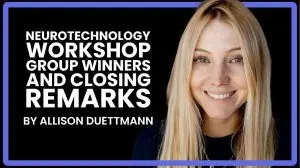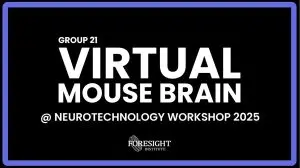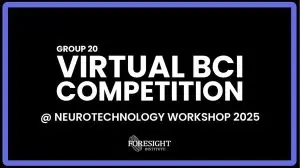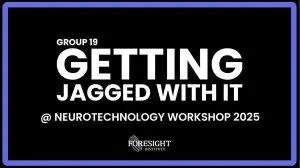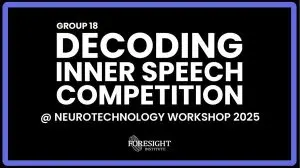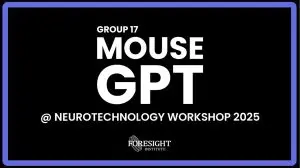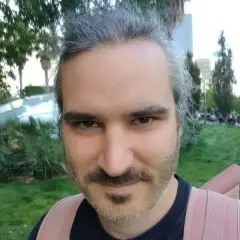Neurotechnology
Supporting researchers, entrepreneurs, and funders in advancing neurotechnology progress and applications in brain-computer interfaces, whole brain emulations, and neuro-inspired AI safety.
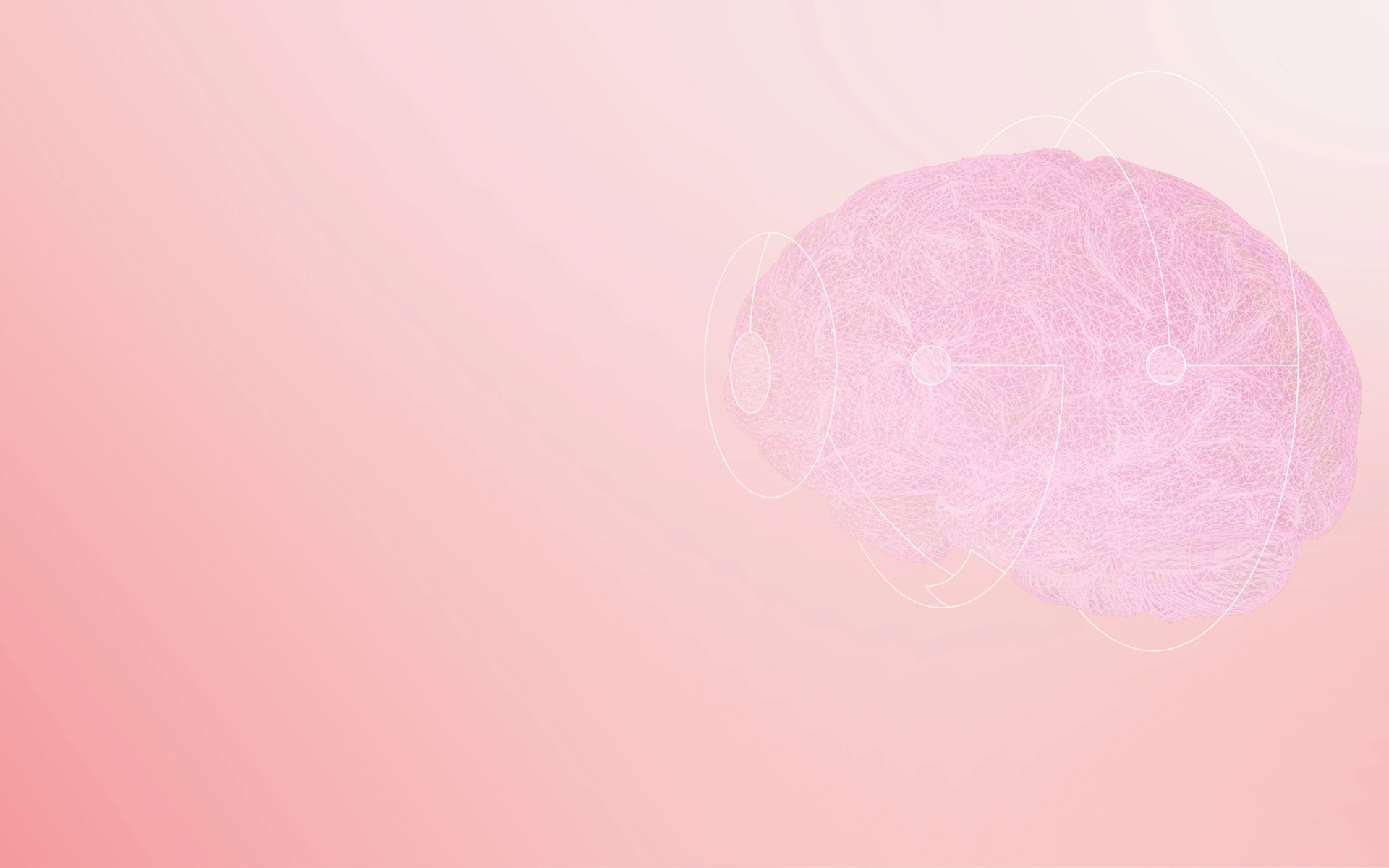
Workshops
Throughout the year, we host a handful of technical workshops – bringing together top talent to solve the bottlenecks holding back progress at the frontiers of science and technology.
View upcoming workshopsAI for Science: Neuro, Longevity, Nano & Metascience
Grants
To improve humanity’s defensive position as AI advances, we support work that uses frontier models to map, simulate, and understand biological intelligence – building the foundations for hybrids between human and artificial cognition, from brain-computer interfaces to whole brain emulation.
View grantsSeminar Group
Our online seminars feature experts sharing cutting-edge research and recent developments, in a small, focused setting.
The Foresight Fellowship is a one-year program supporting early-career scientists, engineers, and innovators to supercharge their ability to advance technological progress.
Fellows
We support seven neurotechnology Fellows each year – brilliant early-career scientists, engineers, and innovators advancing the frontier of the field.

